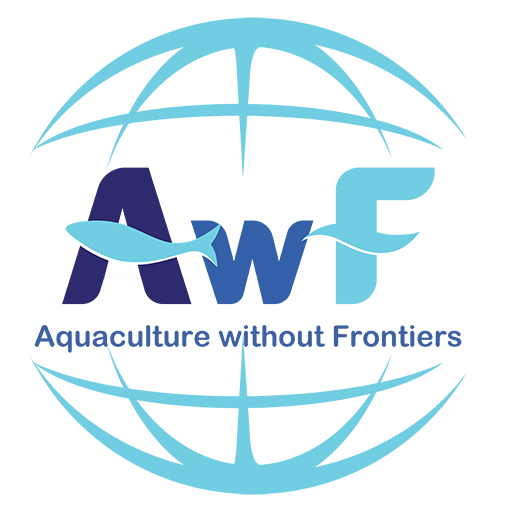Aquaculture & Forests
Category:UpdatesIn a recent study published in Nature Communications it has been suggested that deforestation is reducing the amount of leaf litter falling into rivers and lakes, resulting in less food being available to fish.
Lead author Andrew Tanentzap from the University of Cambridge’s Department of Plant Sciences said “We found fish that had almost 70% of their biomass made from carbon that came from trees and leaves instead of aquatic food chain sources. While plankton raised on algal carbon is more nutritious, organic carbon from trees washed into lakes is a hugely important food source for freshwater fish, bolstering their diet to ensure good size and strength.”
Dr Tanentzap observed: “Where you have more dissolved forest matter you have more bacteria, more bacteria equals more zooplankton. Areas with the most zooplankton had the largest, fattest fish.”
The team of scientists from Canada and the UK collected data from eight locations with varying levels of tree cover around Daisy Lake, Canada, which forms part of the boreal ecosystem. Researchers also found the amount of food available affected the size of young fish and influenced the number that went on to reach adulthood. The team said the results illustrated a link between watershed protection and healthy freshwater fish populations.
The research focused on young-of-the-year (YOY) (individuals born within the past 12 months) yellow perch (Perca flavescen), a widely distributed species, because it was “an important sport and commercial species throughout North America”. The data revealed that where there was more forest cover, the fish were fatter than fish found in areas with few or no trees. Generally, the more forest cover around the edge the lake, the fish in that area were larger than young fish found in area with little or no forest cover.
The researchers added: “Our results also have consequences beyond YOY fish because recruitment into adult fish stocks and subsequent population dynamics are strongly size-dependent in perch and other species.”
Dr Tanentzap added that the findings could also have implications for human food security. “It’s estimated that freshwater fishes make up more than 6% of the world’s annual animal protein supplies for humans – and the major and often only source of animal protein for low income families across Bangladesh, Indonesia and the Philippines. While we’ve only studied boreal regions, these results are likely to bear out globally. Forest loss is damaging aquatic food chains of which many humans are a part.”
See more at http://www.bbc.com/news/science-environment-27834440
